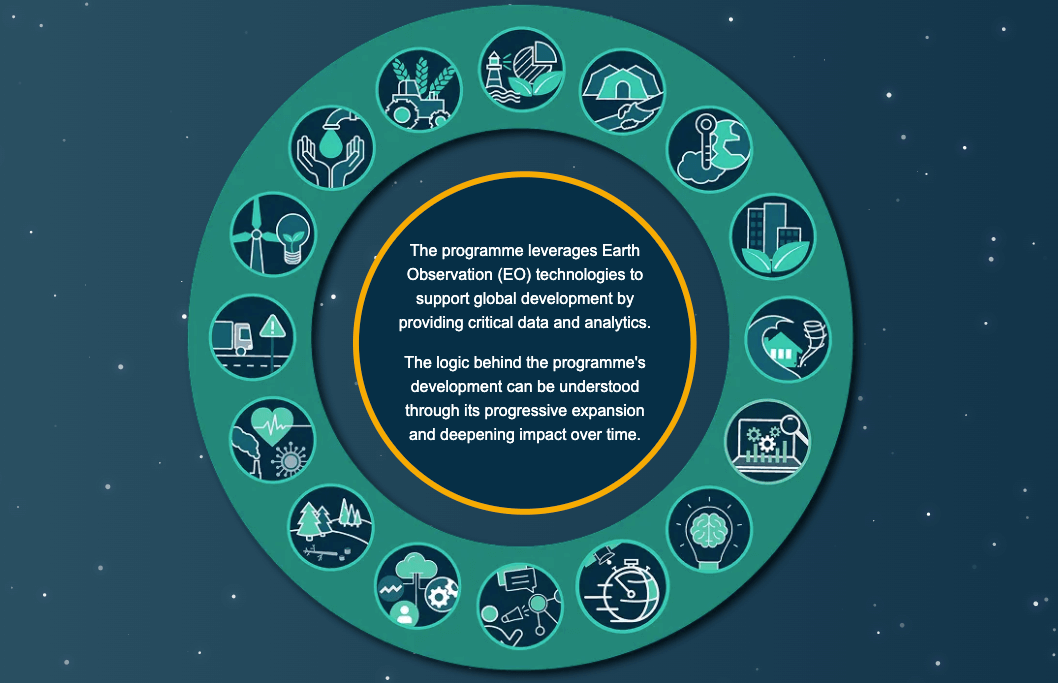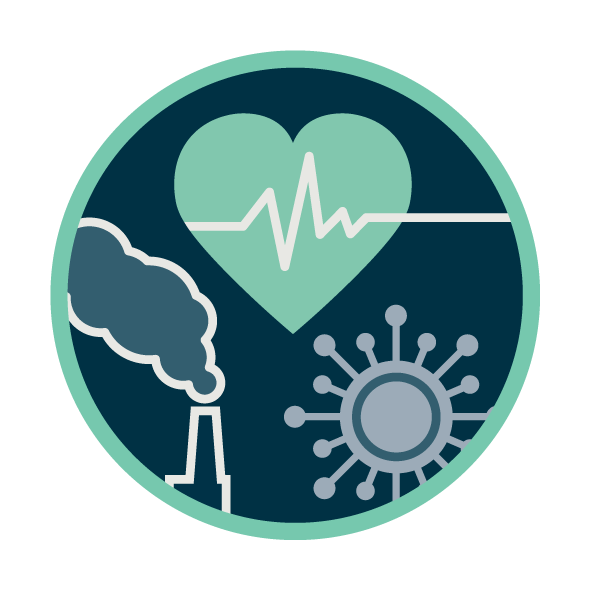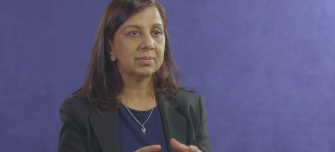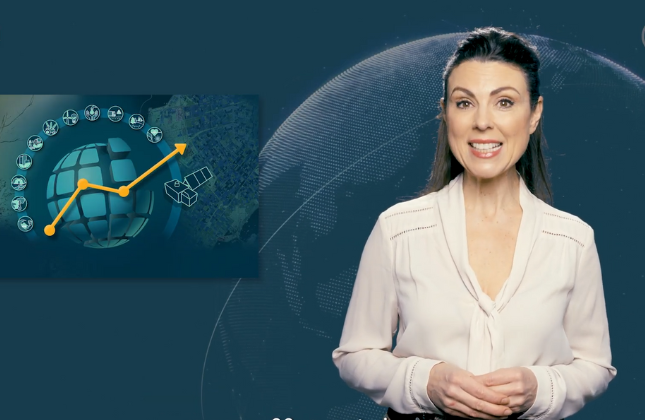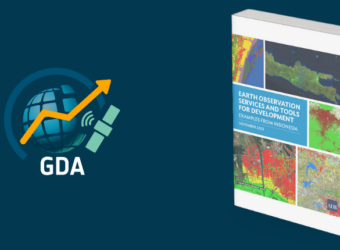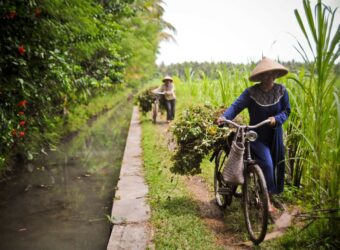Space19+ Council at Ministerial level took place in Seville, Spain on 27-28 November 2019 with the objective to define Europe’s space efforts for the years ahead. Among the numerous proposals accepted, the Global Development Assistance Programme aimed at promoting the use of Earth Observation as a powerful tool for development aid and humanitarian action.
Earth observation by satellites provides a wide range of global, comprehensive, accurate, repeatable and timely environmental information that is key to effectively planning and implementing humanitarian activities. Pioneering NGOs and government entities have already started exploiting the data in their activities, but the full potential of ubiquitous free information remains largely unexplored by the humanitarian sector.
ESA is aiming to team up with the World Bank and Asian Development Bank to develop available tools to deliver improvements in efficiency, impact, transparency and accountability. This will support the operations of various stakeholders in the development assistance community using Earth observation data. Combining ESA’s technical capabilities with the expertise of the international financial institutions, the aim is to start an integrated programme of work called ‘Space in support of International Development Aid’. This initiative was recently approved as Official Development Assistance by the OECD.
ESA’s role in the programme is called Global Development Aid (GDA). GDA will develop knowledge sharing materials as well as data products that have not previously been investigated within the context of humanitarian aid. ESA will also explore new products of interest to national development aid agencies, that may be considered too ambitious for a single aid agency to address acting alone.
As Earth observation information services grow in technical capability in the target countries, developing countries will gain opportunities to make a giant leap forward in efficiently tracking sustainable development. Considering the problem of water scarcity and food security, this is especially important in view of the necessary transition to alternative crops with higher thermal resilience to cope with climate change.



